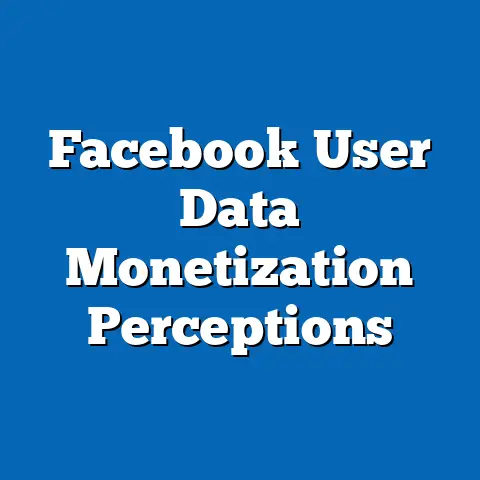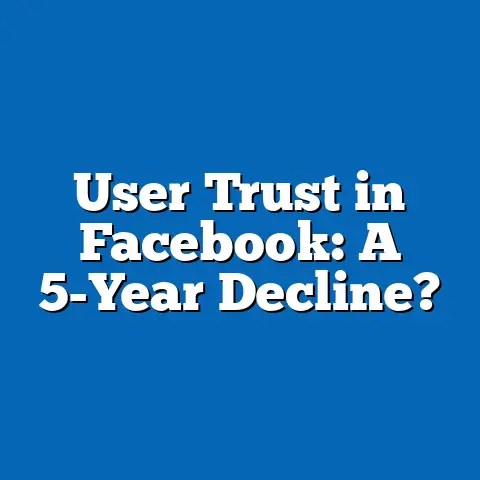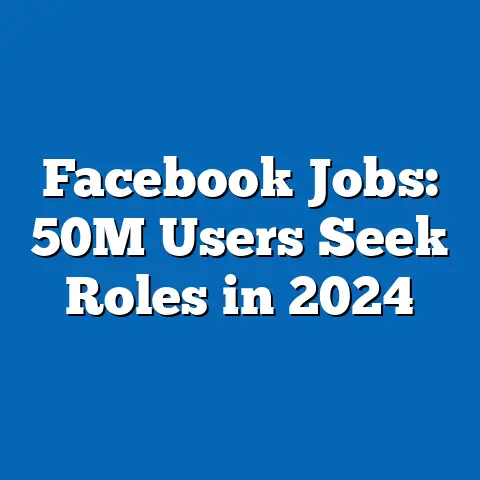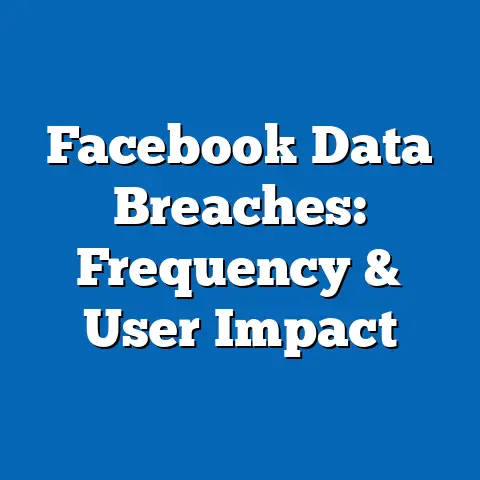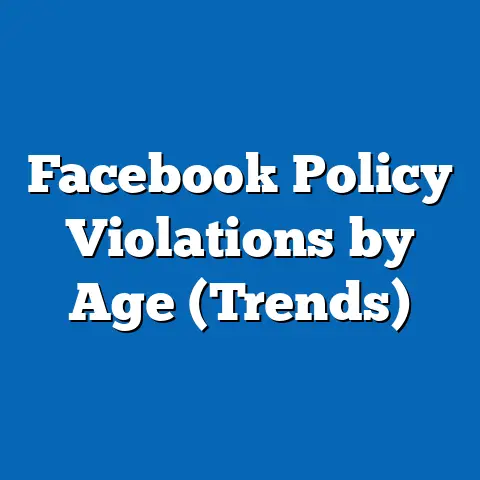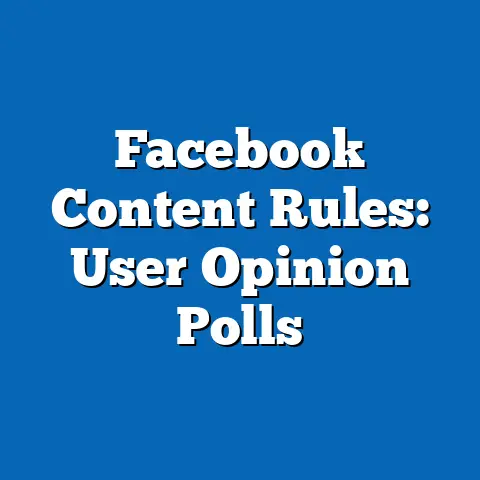Political Ads Impact via Facebook Library
In the 2016 film Captain America: Civil War, a central theme revolves around the power of information and influence, as competing factions within the Avengers clash over control and accountability. This fictional narrative mirrors a real-world phenomenon: the increasing role of digital platforms in shaping public opinion, particularly through political advertising. Nowhere is this more evident than on Facebook, a platform that has become a battleground for political messaging since its inception in 2004, especially with tools like the Facebook Ad Library, launched in 2018 to provide transparency into political and issue-based ads.
Political ads on social media have emerged as a defining characteristic of modern electoral campaigns, reflecting a shift in how information is disseminated and consumed across generations. From the viral memes of the 2016 U.S. presidential election to the targeted ads influencing Brexit, these digital tools have woven themselves into the fabric of pop culture, often referenced in shows like Black Mirror or parodied on platforms like TikTok. The societal implications are profound, raising questions about misinformation, voter manipulation, and the ethical boundaries of digital influence.
This article explores the impact of political ads through the lens of the Facebook Ad Library, a public database that archives ads related to politics and social issues. By examining generational responses, historical context, and societal consequences, we aim to unpack how this tool shapes political discourse. Drawing on data, expert perspectives, and cultural analysis, we will also consider the broader implications for democracy, privacy, and intergenerational dynamics in an increasingly digital world.
Historical Context: The Evolution of Political Advertising and Facebook’s Role
Political advertising has a long history, dating back to the early days of print media in the 19th century, when newspapers endorsed candidates and published partisan content. The advent of radio in the 1920s and television in the 1950s revolutionized campaign strategies, with iconic moments like the 1960 Kennedy-Nixon debates showcasing the power of visual media. However, the internet, and particularly social media, marked a seismic shift in the late 20th and early 21st centuries.
In response to public outcry over opacity, Facebook launched the Ad Library in 2018 as part of its transparency efforts. The tool archives all active and inactive ads related to politics or social issues, providing details on funding sources, reach, and targeting criteria. While intended to combat misinformation and increase accountability, the Ad Library’s impact remains a subject of debate, as it intersects with generational differences in media consumption, trust in institutions, and technological literacy.
Defining the Facebook Ad Library and Its Mechanics
The Facebook Ad Library is a searchable public database that includes ads labeled as political or addressing social issues, such as elections, climate change, or civil rights. Advertisers must verify their identity and disclose funding sources, while the platform retains ads for seven years, even after they are no longer active. Users can view metrics like impressions, spending, and demographic targeting, offering a window into how campaigns craft and distribute messages.
However, the tool is not without limitations. It relies on self-reporting by advertisers to categorize ads as political, and enforcement varies across regions. Moreover, while it provides data, it does not inherently prevent misinformation—users must interpret the information themselves, a task influenced by generational and cultural factors.
Generational Perspectives on Political Ads and Digital Influence
Generational differences play a significant role in how political ads on platforms like Facebook are perceived and consumed. Each generation—Baby Boomers (born 1946–1964), Generation X (1965–1980), Millennials (1981–1996), and Generation Z (1997–2012)—has been shaped by distinct historical events, technological advancements, and cultural norms that influence their interaction with digital media. Below, we explore these dynamics, avoiding broad stereotypes and focusing on data-driven trends.
Baby Boomers: Trust, Tradition, and Digital Adaptation
Baby Boomers grew up in an era of post-World War II prosperity, the Cold War, and the rise of television as a primary medium for political messaging. Many witnessed landmark events like the Civil Rights Movement and the Vietnam War, shaping a worldview often tied to institutional trust or skepticism born from government scandals like Watergate. While not digital natives, Boomers have increasingly adopted social media, with 70% of U.S. Boomers using Facebook as of 2021 (Pew Research Center, 2021).
For this generation, political ads on Facebook can be both influential and suspect. Studies suggest Boomers are more likely to share misinformation, partly due to lower digital literacy compared to younger cohorts (Guess et al., 2019). However, they also value transparency tools like the Ad Library when made aware of them, as they align with a desire for accountability rooted in historical experiences with media manipulation.
Generation X: Cynicism and Media Savvy
Generation X, often characterized as the “latchkey” generation, came of age during economic uncertainty, the end of the Cold War, and the early internet boom. Exposed to both traditional and emerging digital media, Gen Xers tend to approach political content with a degree of cynicism, shaped by events like the Gulf War and the dot-com bubble. About 66% of Gen Xers in the U.S. use Facebook, making it a key platform for political engagement (Pew Research Center, 2021).
Gen Xers are often critical of targeted ads, valuing privacy and showing wariness toward data collection practices. Research indicates they are more likely to seek out tools like the Ad Library to verify ad authenticity, reflecting a balance between tech savviness and skepticism of institutional narratives (Smith & Duggan, 2020). Their response to political ads often hinges on authenticity rather than emotional appeal.
Millennials: Digital Natives and Social Activism
Millennials, shaped by events like 9/11, the 2008 financial crisis, and the rise of social media, are often seen as the first true digital natives. With 65% of U.S. Millennials using Facebook (Pew Research Center, 2021), they are heavily exposed to political ads, though their trust in traditional institutions is notably low. This generation values social justice and transparency, often using platforms to advocate for causes like climate change or racial equity.
Political ads targeting Millennials often focus on emotive storytelling and social issues, but this cohort is quick to call out inauthenticity. The Ad Library resonates with their desire for accountability, though many express frustration over its limited ability to curb misinformation. Studies show Millennials are more likely to fact-check ads but can still fall prey to echo chambers due to algorithmic curation (Edelman Trust Barometer, 2022).
Generation Z: Hyper-Connected and Critical
Generation Z, raised in a world of smartphones, social media, and global crises like climate change and the COVID-19 pandemic, approaches political content with a critical eye. While only 51% of U.S. Gen Zers use Facebook (favoring platforms like Instagram and TikTok), those who do are highly attuned to digital manipulation (Pew Research Center, 2021). Their formative years include movements like Black Lives Matter and Greta Thunberg’s climate activism, fostering a strong sense of agency.
Gen Z is perhaps the most skeptical of political ads, often viewing them as performative or exploitative. They are adept at navigating tools like the Ad Library, though their primary concern is systemic change rather than individual ad transparency. Research suggests they prioritize peer-driven content over paid ads, making traditional political messaging less effective (Morning Consult, 2022).
Technological and Cultural Factors Shaping Ad Impact
The effectiveness of political ads on Facebook, as revealed through the Ad Library, is deeply tied to technological and cultural factors. Microtargeting, enabled by vast data collection, allows campaigns to tailor messages to niche audiences based on age, location, or interests. For instance, a 2020 analysis of Ad Library data found that Biden and Trump campaigns spent over $200 million combined on Facebook ads, with hyper-specific targeting on issues like gun control or healthcare (Kreiss & McGregor, 2021).
Culturally, the rise of meme culture and viral content has transformed political messaging into a form of entertainment, blurring the lines between information and propaganda. This resonates differently across generations—Gen Z might engage with a satirical ad, while Boomers may misinterpret it as factual. The Ad Library exposes these strategies, revealing how campaigns exploit cultural trends, but it does not address the deeper issue of algorithmic bias, which reinforces existing beliefs through echo chambers.
Societal Implications: Democracy, Privacy, and Trust
Privacy remains a contentious issue. Even with transparency tools, users often remain unaware of how their data fuels ad targeting. A 2022 survey found that 74% of Americans across generations feel uneasy about data collection for political ads (Pew Research Center, 2022). This distrust erodes confidence in both platforms and democratic processes, particularly among younger generations who prioritize data sovereignty.
Finally, the Ad Library highlights a generational divide in trust. While older cohorts may view it as a step toward accountability, younger users often see it as insufficient against systemic issues like misinformation. This tension reflects broader societal challenges in balancing technological innovation with ethical governance.
Economic and Workplace Implications
Political ads on Facebook also influence economic and workplace dynamics. Campaigns are a significant revenue source for the platform, with political ad spending in the U.S. alone reaching $1.1 billion during the 2020 election cycle (Wesleyan Media Project, 2020). This economic incentive raises questions about whether platforms prioritize profit over regulation, a concern echoed across generational lines.
In workplaces, political ads can exacerbate polarization, as employees encounter divisive content online that spills into professional environments. HR studies indicate a rise in workplace conflicts tied to political differences, with younger workers more likely to advocate for corporate neutrality (SHRM, 2021). The Ad Library’s transparency can help contextualize these debates, but it does not resolve underlying tensions.
Forward-Looking Insights: Challenges and Opportunities
Looking ahead, the impact of political ads via the Facebook Ad Library will likely evolve with technological and societal shifts. Emerging technologies like artificial intelligence could further refine microtargeting, raising ethical questions about voter autonomy. At the same time, growing calls for regulation—particularly in the EU with laws like the Digital Services Act—may force platforms to enhance tools like the Ad Library, though global disparities in enforcement remain a challenge.
Generational trends suggest that younger cohorts will continue to demand transparency and systemic reform, potentially reshaping how political ads are crafted and consumed. However, uncertainties persist, including the risk of “transparency fatigue,” where users become overwhelmed by data without actionable outcomes. As expert danah boyd notes, “Transparency alone isn’t enough; it must be paired with education and empowerment to effect change” (boyd, 2020).
Conclusion
The Facebook Ad Library represents a critical, if imperfect, tool in navigating the complex landscape of political advertising in the digital age. By offering transparency into ad funding, reach, and targeting, it empowers users across generations to scrutinize political messaging, yet it falls short of addressing systemic issues like misinformation and data privacy. Generational differences—rooted in historical context, technological fluency, and cultural values—shape how these ads are received, from Baby Boomers’ cautious adaptation to Gen Z’s critical activism.
The societal implications are vast, touching on democracy, trust, and economic dynamics, while pop culture continues to reflect and amplify these tensions. Moving forward, balancing innovation with regulation will be key, though the path remains uncertain. As political ads evolve, so too must our tools and understanding, ensuring that transparency translates into meaningful accountability for all generations.

